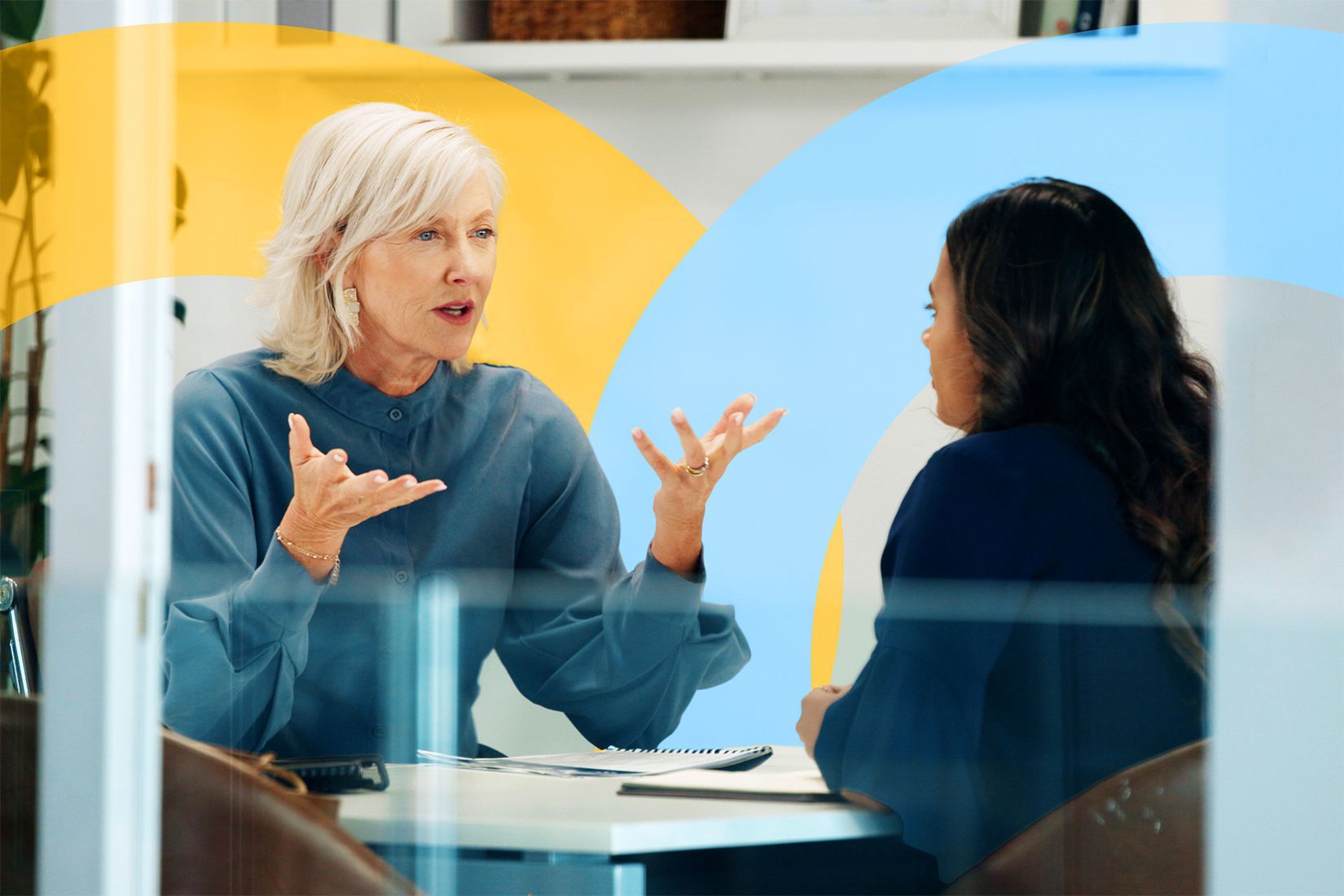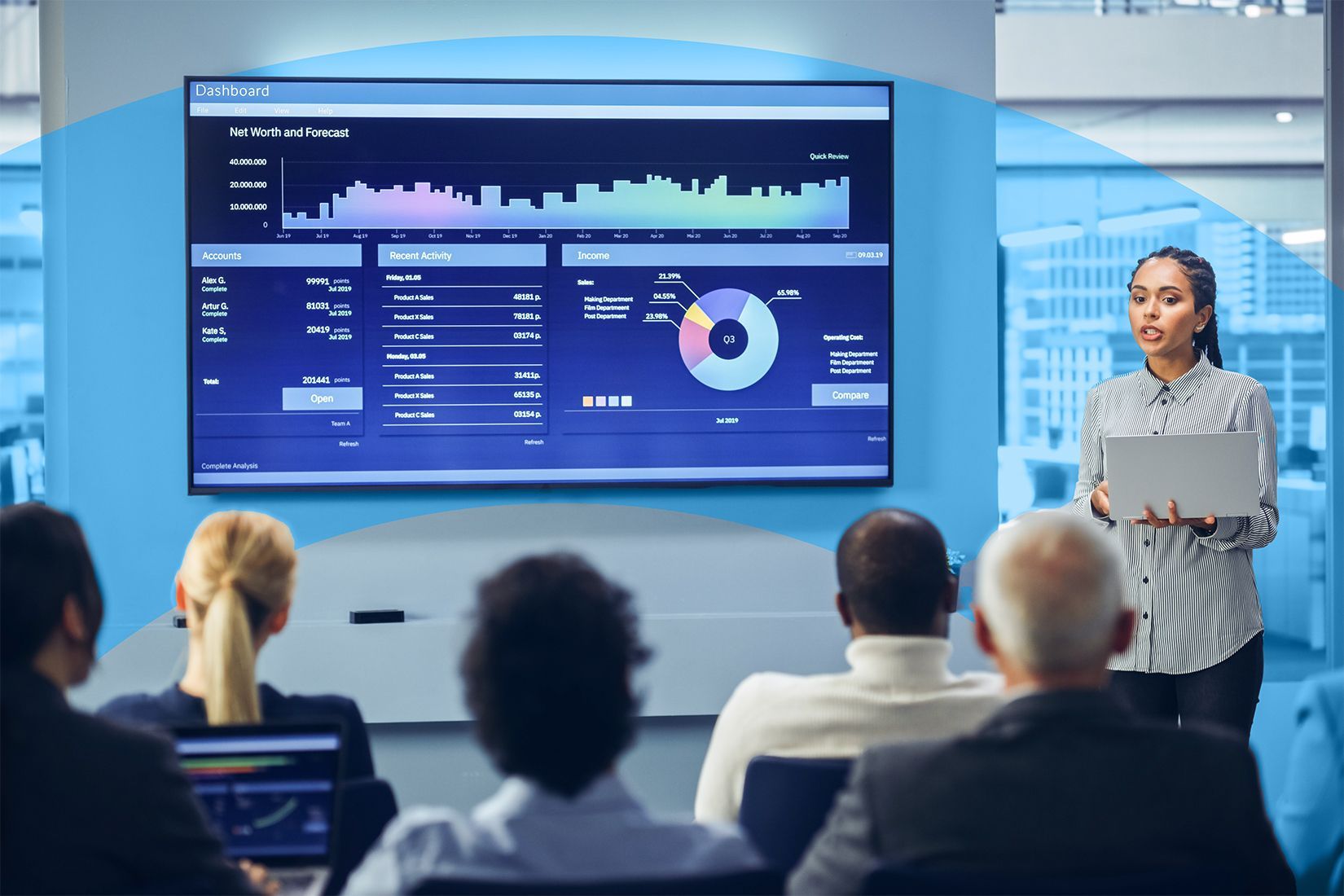How often should you learn new skills to stay on top of your craft?
Nick Goddard
According to former First Lady, Michelle Obama; “The ability to read, write and analyse; the confidence to stand up and demand justice and equality - all of that starts with education." (1)
Tough and ambitious, Michelle Obama attended Harvard Law School, one of the most prestigious law schools in the US. Before becoming the First Lady of the USA, she was a top leader in various capacities in her career, constantly raising the bar.
Michelle Obama understood, early on, that continuous learning and development is essential to our existence.
Always be Learning
Obama isn't the only one with a thirst for continuous learning. Some of the most successful people in business have a lifelong desire for expanding their knowledge and learning new skills. The key is to view learning as an ongoing investment, which is why we're advocates for Always Be Learning (ABL).
Research suggests that Millennials have the ABL gene, with 87% saying professional development or career growth opportunities are very important to them in a job (2). Although it was once believed we lost our capacity to learn after adolescence, studies show we have the capacity to continue learning throughout adulthood, so the good news is age is no barrier to learning new skills (3).
Now we know everybody has the capacity to always be learning, let's look at some of the benefits of expanding your knowledge.
The benefits of continuous learning
In our ever-changing world, it's never been more important for employees and businesses to be able to adapt to whatever life throws at them.
Keeping up-to-date with the latest tools and knowledge will help you and your business stay relevant, ensure you're one step ahead of your competitors, and lead to business success.
- Job security: Having an arsenal of skills and knowledge puts employees in a strong position for promotions, raises, and future growth
- New perspectives: New skills and knowledge lead to creative and innovative solutions as and when changing environments require a new approach
- Flexible business model: A culture of learning makes it easier for a business to adapt to unexpected changes with new processes
As Michelle Obama once said, “Through my education, I didn't just develop skills, I didn't just develop the ability to learn, but I developed confidence.”
A business that commits to unlocking employee potential with a culture of professional development is a business that is better equipped to adapt and thrive in the future.
Interested in continuous learning?
If you're keen to introduce an 'Always be Learning' culture in your business, we can provide engaging education, proven frameworks, and toolkits for success.
As people development specialists, we have an enviable track record of improving business through people. In fact, 98% of delegates have rated the content and delivery of our Learning & Development programmes as ‘excellent’ or 'good'.
References
(1) https://www.legit.ng/1317329-25-michelle-obama-quotes-education-feminism-leadership.html








